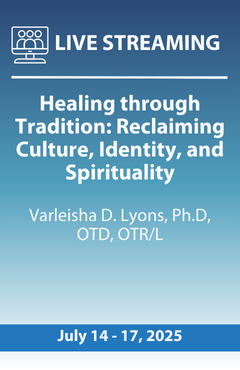Description
This workshop will be live streaming to online participants on June 17, 2025 from 8:30am – 11:45am (Vancouver, BC)
Please adjust your start time according to your specific time zone.
Recorded footage and all course content (certificate, videos, quiz) will be available until July 28, 2025. Extensions cannot be granted under any circumstances.
Please allow 3 – 10 business days after the course airs for recorded footage to become available.
Registration will close on June 16, 2025.
Psychedelic-assisted psychotherapy is making a comeback, and this time it doesn’t look like it is going anywhere despite some significant controversies and a major setback this past August when the FDA did not approve MDMA-assisted psychotherapy for PTSD. To the surprise and dismay of many in the field the FDA asked for additional Phase 3 trails, but the general consensus seems to be that it is just a matter of time before approval comes. Already here in Canada many people have received treatment through the Special Access Program (SAP) and expanded access is on the horizon. For this 3-hour workshop, Sara Klinkhamer will focus on MDMA-assisted psychotherapy, which has also been the focus of the PhD she is currently completing through the California Institute of Integral Studies. She will make the case that MDMA-assisted psychotherapy is particularly effective for treating PTSD because it improves one’s sense of social connectedness and social connectedness moderates PTSD symptom severity. A brief history and context will situate these claims. The talk will also include a discussion of the possibility that MDMA-assisted psychotherapy improves one’s sense of connectedness in general and may be effective for treating various ‘maladies of disconnection’ including addiction, depression, relationship problems and other existential issues.





